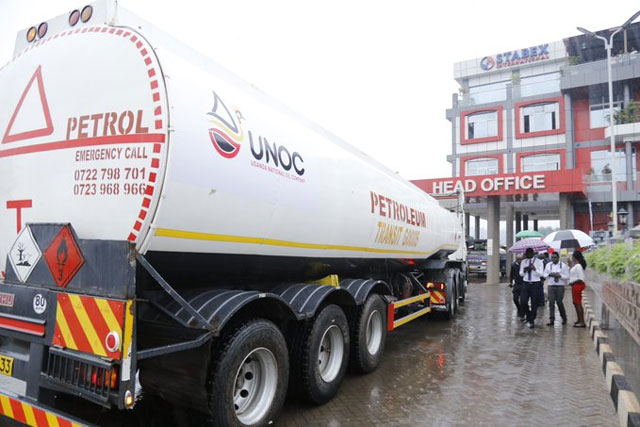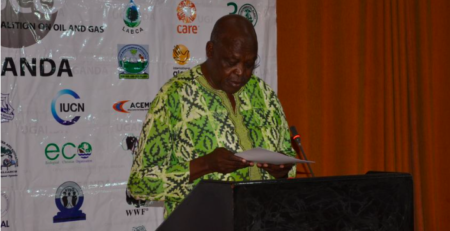Will Uganda produce first oil by 2023?
Uganda is yet to start oil and gas production in the Albertine region after discovering commercial quantities of oil and gas in 2006. Its petroleum sector has over the years transitioned from exploration to development phase by developing both upstream and midstream policy guidelines, implementing resettlement action plans, and developing some infrastructures such as roads.
The joint venture partners (JVPs) are expected to make final investment decisions which will lead to development of oil fields and subsequently lead to production of Uganda’s first oil expected in 2023. However, with the emergence of coronavirus disease in December 2019 in Wuhan, China and its rapid spread globally, Uganda’s hopes of producing first oil by 2023 as earlier projected are dwindling.
After confirming Covid-19 patients in the country, Uganda decided to implement restrictive measures, which included a country lockdown starting in mid-March 2020. Uganda’s oil sector suffered a double tragedy as the few remaining oil company workers in camps and head offices were told to stay home, leaving a few security service providers on sites. This was reinforced with travel restrictions in the country in air, on water and land.
Covid-19 has negatively affected the oil industry globally, with oil prices plunging into the negative territory in the United States of America. This has been largely due to lack of demand and inadequate storage facilities. The transport sector, which is heavily dependent on oil products, has been affected globally as countries enforce Covid-19 preventive measures.
The price of a barrel of oil has fallen to $20 (Shs 75,000) yet Uganda needs a price of at least $50 per barrel (Shs 18,7500) to break even. It should also be noted that the market prices of oil globally that have prevailed in the recent past were not sufficient for the oil and gas sector of Uganda to break-even before the emergence of the COVID-19 pandemic.
Looking at the current situation, it’s unlikely that Uganda will produce first oil soon as earlier projected. The current economic crisis is likely to cause delays in the sector, and cost escalation issues which will negatively affect current projects and those anticipated in the near-future like the East African Crude
Oil Pipeline (EACOP), Tilenga, and Kingfisher projects. This will in turn affect projected timelines and project financing as international experts predict that financial institutions will not be willing to lend money to the oil sector.
The prevailing economic situation may not be conducive for some new projects to come on-stream shortly. This is because countries that have been in oil production for long can afford to continue producing at prices lower than new entrants’ break-even points.
Uganda’s oil is also waxy, which will increase its pipeline transportation cost through heating at certain points to enable the oil to keep flowing.
Daniel Abowe
The author is a research officer, Oil Governance and Environmental Sustainability Project at ACODE/CSCO Uganda.




